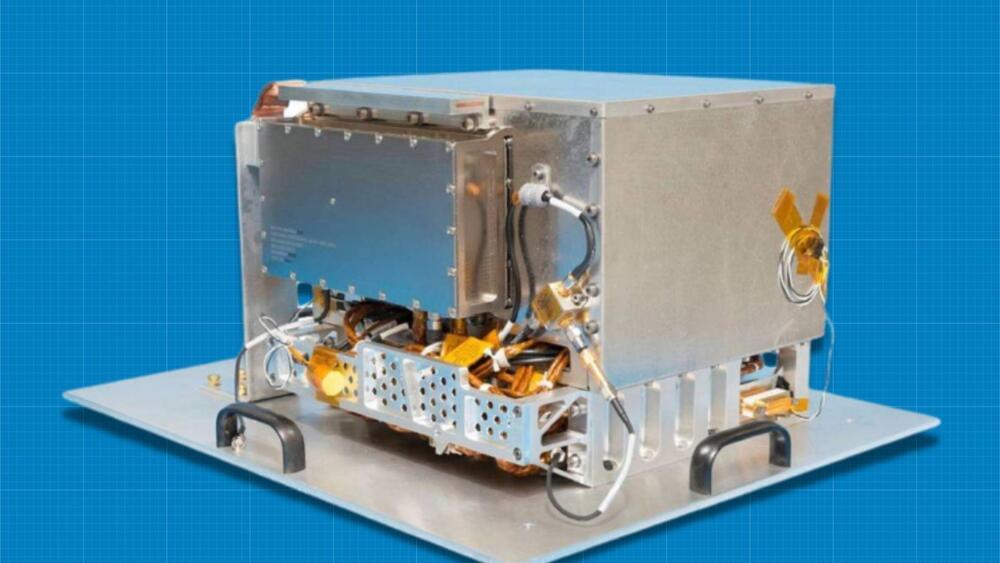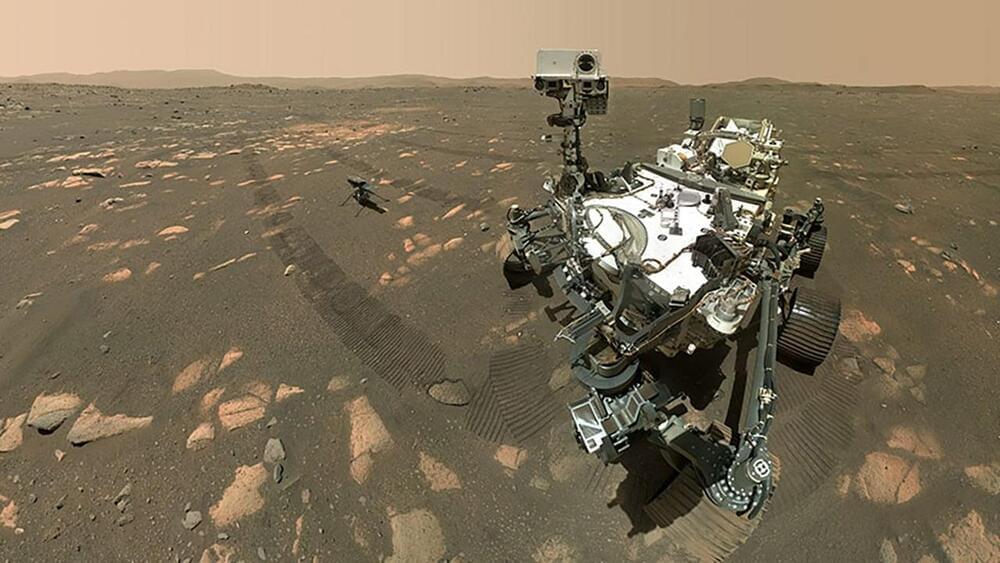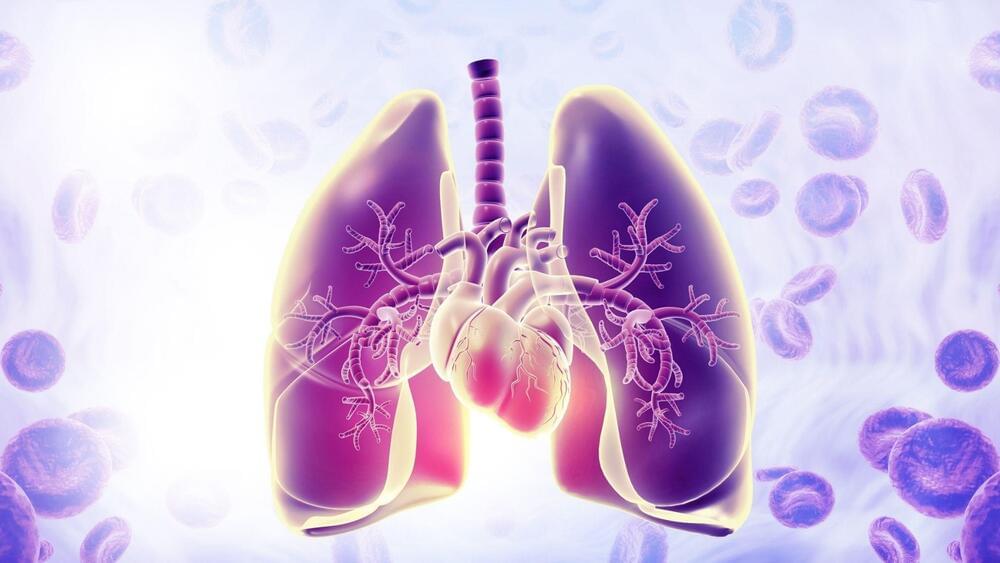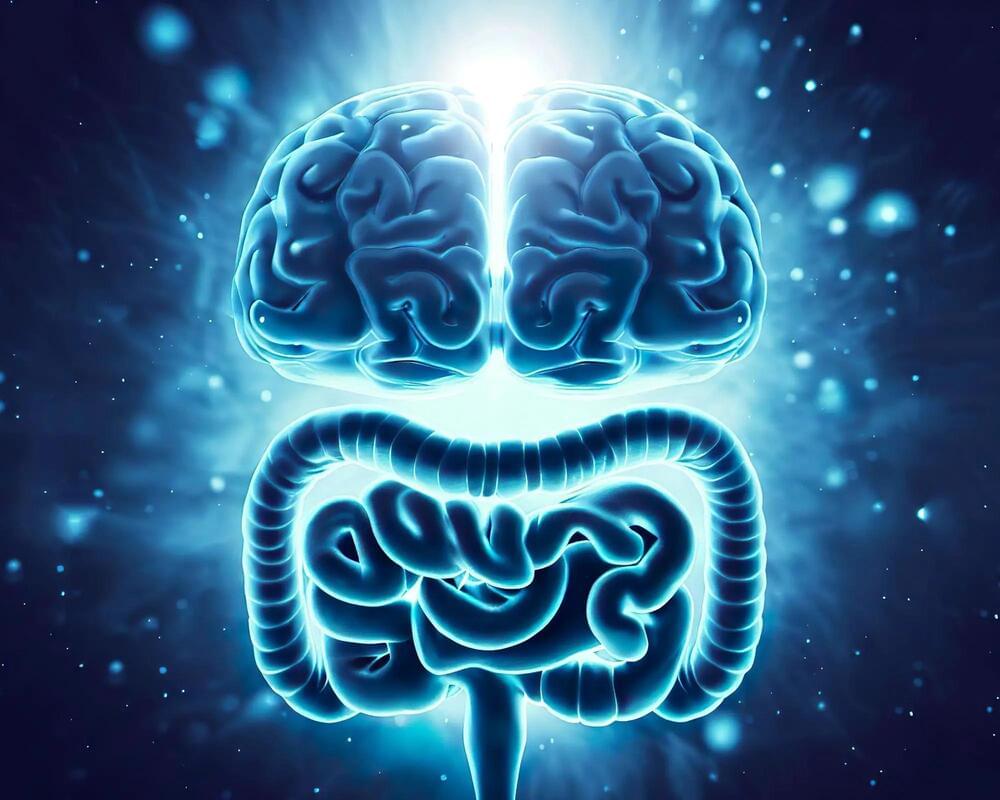Sep 12, 2023
Tesla’s market value could surge by $500bn because of Dojo supercomputer
Posted by Omuterema Akhahenda in categories: supercomputing, sustainability, transportation
Morgan Stanley says Tesla stock may surge by $500 billion because of it’s Dojo Supercomputer, in lieu of robotaxis and network services.
Dojo can open up “new addressable markets,” just like AWS did for Amazon.com Inc., analysts led by Adam Jonas wrote in a note, upgrading the stock to overweight from equal-weight and raising its 12-month price target to a Street-high $400 per share from $250.
Shares of Tesla, which have already more than doubled this year, rose as much as 6.1% in US premarket trading Monday. The stock was on track to add about $46 billion in market value. Morgan Stanley is one of Musk’s key advisory firms, including on the $44 billion takeover of Twitter Inc., now known as X.
Continue reading “Tesla’s market value could surge by $500bn because of Dojo supercomputer” »


















